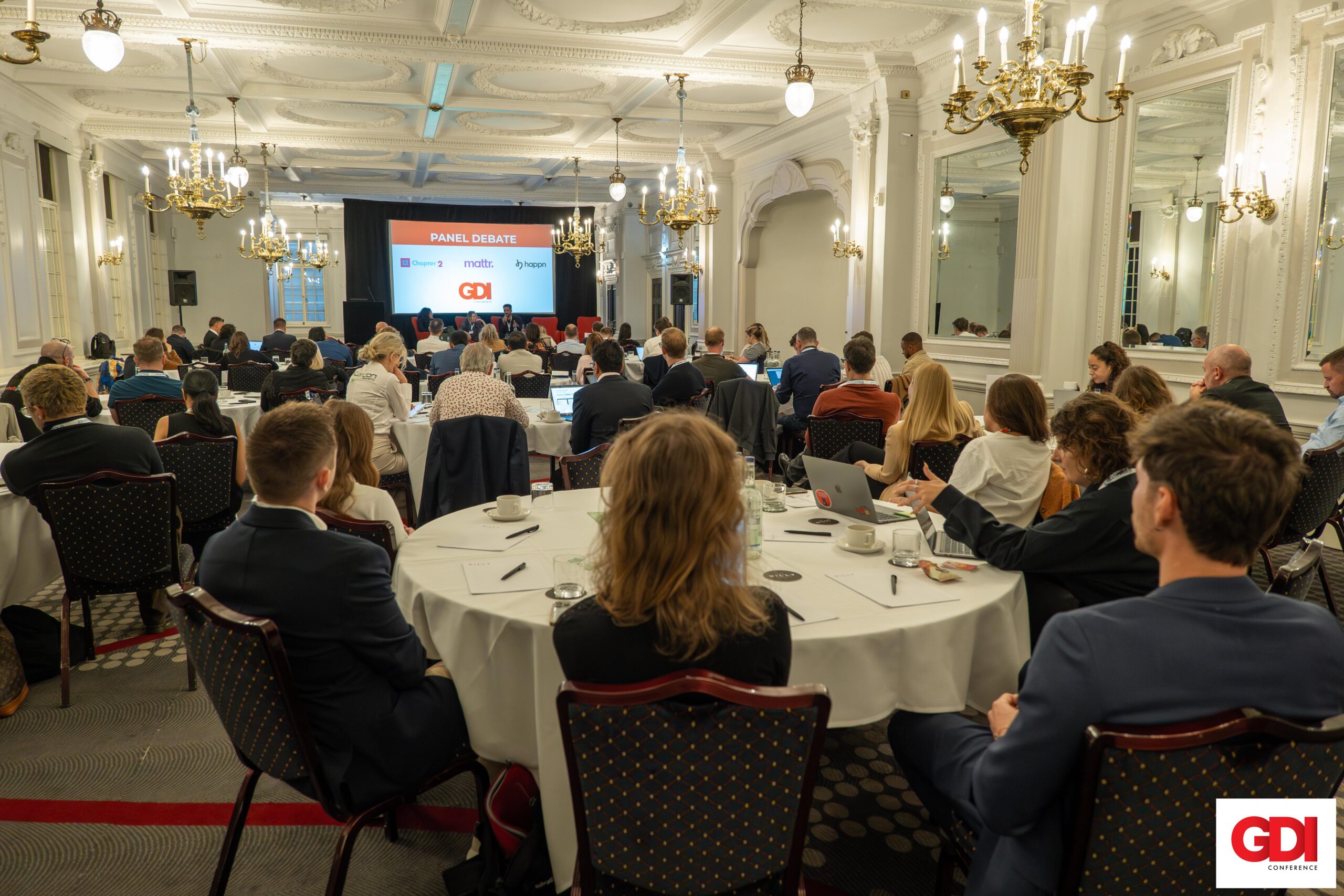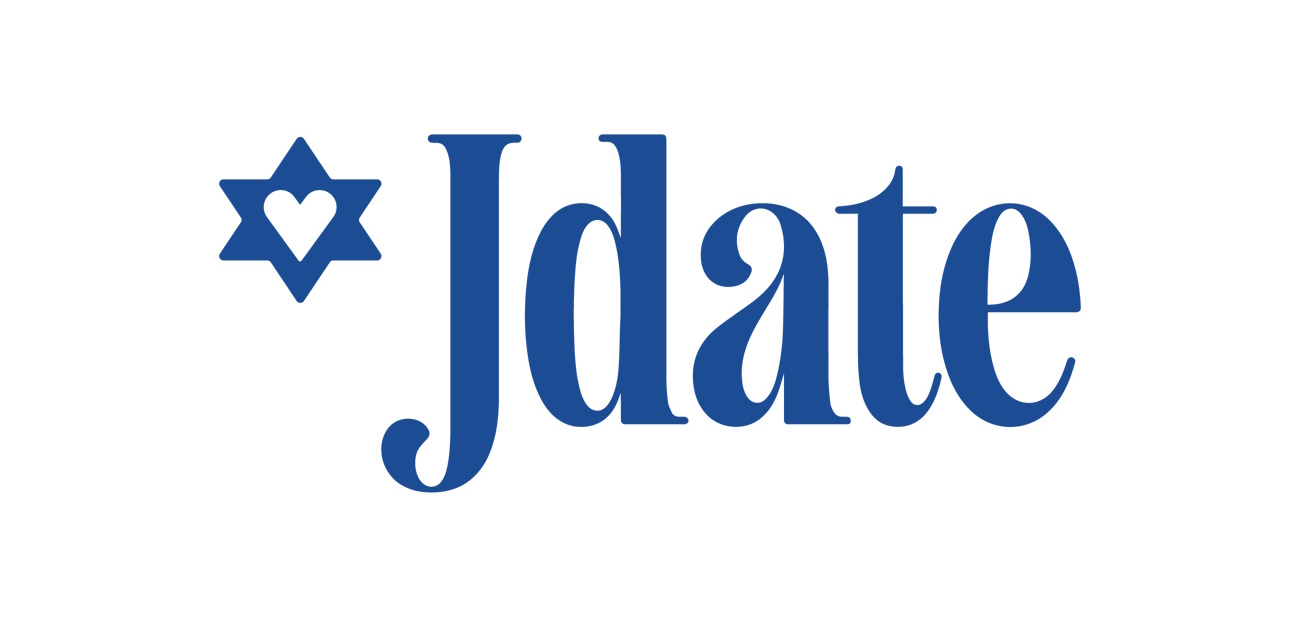Stable growth is returning to parts of the dating app industry as leading platforms embrace AI and shift towards deeper, more engaging user experiences. After a tough stretch for many, recent results from Grindr and Match Group illustrate strategic pivots that may redefine the sector.
Grindr posted strong Q2 2025 results, with revenue reaching $104 million, a 27% increase year-over-year, and net income rising to $17 million, yielding a 16% profit margin. While the earnings per share slightly missed analyst forecasts, the company’s continued emphasis on product advancement – especially its proprietary AI, dubbed gAI (“Gay I”) – signals a renewed focus on innovation. Its AI stack combines custom models with user behavior data to create culturally nuanced, privacy-conscious features like Right Now and Explore Heatmaps. CEO George Arison reaffirmed expectations for at least 26% revenue growth through 2025.
Conversely, larger players like Match Group are grappling with membership declines. Tinder, once a market leader, has lost users across multiple quarters, prompting a 13% workforce reduction under new CEO Spencer Rascoff. The company is stepping up its AI integration, enhancing prompts and improving matchmaking across Tinder and Hinge, as well as testing new ways to use the apps themselves.
The urgency behind these shifts comes amid broader industry challenges. Regulatory data from the UK shows dating app engagement dropped nearly 16% in 2023–2024, with heavy losses at platforms like Tinder, Bumble, and Hinge. Many users – especially Gen Z – are turning away from swipe-heavy apps in favor of more authentic, in-person approaches to dating. However, apps and events that facilitate this are doing extremely well, with some even breaking records.
As fatigue and disillusionment with traditional models increase, platforms emphasizing personalization and lower-pressure connections appear better positioned to attract and retain users. The dating app industry itself hasn’t declined, but its target audiences’ needs have changed dramatically – and successful apps may need to change along with it.







